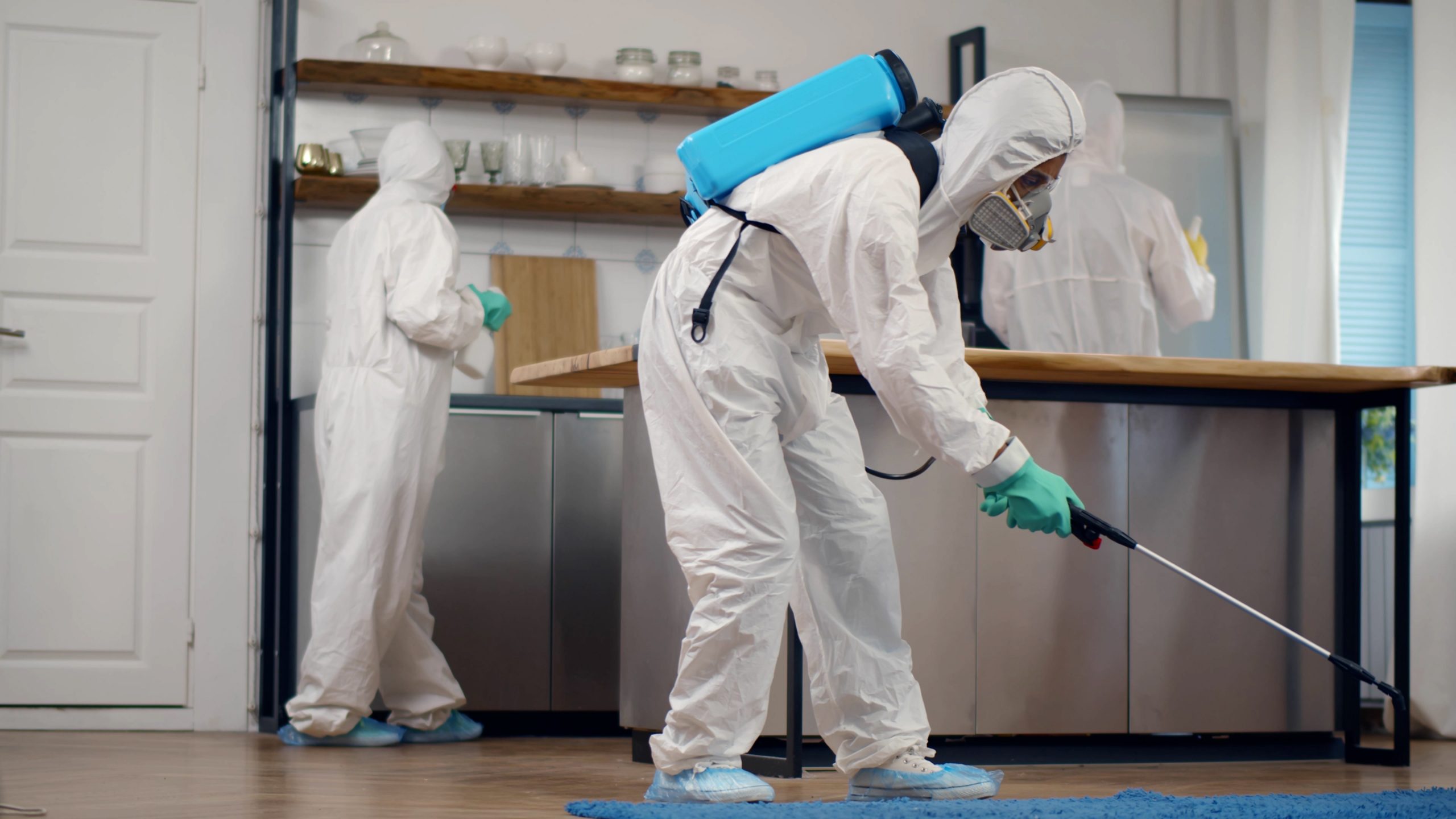Specialist Pest Control Techniques for Long-Term Outcomes
In the world of pest control, achieving continual effectiveness and long-lasting results calls for a meticulous technique that goes beyond simple extermination. Specialist insect control strategies envelop a thorough strategy that begins with a thorough inspection and evaluation, followed by accurate bug recognition to comprehend their actions patterns. The application of Integrated Parasite Monitoring (IPM) principles, paired with eco-conscious treatments, develops the cornerstone of sustainable bug eradication. However, truth examination depends on the ongoing monitoring and maintenance of the treated locations, ensuring a pest-free setting for the foreseeable future. By diving into the ins and outs of these techniques, a deeper understanding of professional parasite control approaches for enduring end results emerges.
Assessment and Assessment
Upon getting in a residential property for parasite control solutions, the initial action is an extensive examination and analysis to identify the degree of the invasion and identify one of the most reliable therapy plan. Professional insect control technicians are educated to thoroughly take a look at the facilities, trying to find signs of pest activity such as droppings, gnaw marks, nests, or any structural damages. They will certainly also evaluate the conditions that might be bring in parasites, such as food sources, water leaks, or entrance points.

Bug Identification and Behavior

Moreover, understanding the behavior of the determined pest is key to carrying out effective control procedures. Understanding where parasites nest, what they feed on, and their activity patterns can assist pest control experts create strategies to eliminate them successfully.
Integrated Pest Management (IPM)
Integrated Pest Management (IPM) techniques combine numerous methods to control and prevent parasite invasions in a sustainable and environmentally friendly fashion. Pest control Washington DC. By integrating approaches such as organic control, habitat adjustment, adjustment of cultural techniques, and making use of immune varieties, IPM intends to decrease using chemical pesticides
One of the key concepts of IPM is the focus on avoidance. This proactive technique entails tracking insect populaces routinely to spot any prospective issues prior to they rise. By identifying pest troubles at an early stage, pest control procedures can be carried out quickly and efficiently.
In addition, IPM promotes making use of safe insect control approaches whenever possible. This can include using natural predators of the bugs, presenting useful bugs, or using pheromones to interrupt breeding patterns. By reducing dependence on chemical pesticides, IPM not only safeguards the setting yet additionally aids keep an equilibrium in the ecological community.
Environmentally-Friendly Therapies
Applying eco-conscious techniques in bug control procedures can efficiently resolve infestations while focusing on ecological sustainability. Environmentally-friendly treatments focus on decreasing the impact of insect control techniques on ecological communities, non-target organisms, and human health. These techniques commonly involve making use of natural killers, such as ladybugs or nematodes, to regulate pest populations, decreasing the requirement for chemical interventions. In addition, techniques like habitat manipulation, such as changing dampness levels or eliminating food resources, can help discourage pests without the use of hazardous materials.
An additional trick facet of environmentally-friendly therapies is making use of organic and naturally degradable products that break down rapidly without leaving damaging residues in the atmosphere. Herb insecticides derived from plants like chrysanthemums or neem offer reliable insect control while posing minimal danger to non-target types. Additionally, employing methods like heat therapies or scent catches can target certain parasites with accuracy, decreasing the general ecological influence of pest control practices.
Ongoing Tracking and Maintenance
Routine assessments by experienced specialists are necessary to identify any signs of pest activity, assess the effectiveness of previous therapies, and make adjustments to the parasite control strategy as required. By checking pest populations over time, pest control experts can track trends, prepare for possible concerns, and apply preventative measures to minimize the danger of future invasions.
Along with surveillance, upkeep techniques are essential for long-lasting insect control success. This includes executing appropriate cleanliness procedures to eliminate possible food and water sources for parasites, sealing off access points to prevent bugs from entering the premises, and attending to any architectural issues that can pest control assist in pest invasions (exterminator near me). By including continuous surveillance and maintenance right into an integrated parasite administration strategy, companies can ensure a pest-free setting and protect their residential or commercial property versus expensive damage and wellness dangers
Verdict
Finally, making use of specialist insect control methods such as comprehensive evaluation and assessment, accurate parasite recognition and understanding of their actions, incorporated bug administration techniques, environmentally-friendly therapies, and continuous tracking and maintenance are crucial for attaining long-lasting results in insect control. By implementing these approaches, individuals can properly handle bug problems and maintain a pest-free environment in a sustainable way.